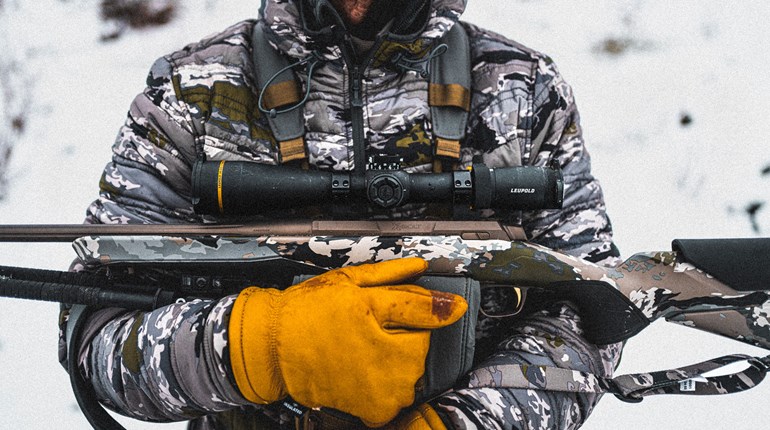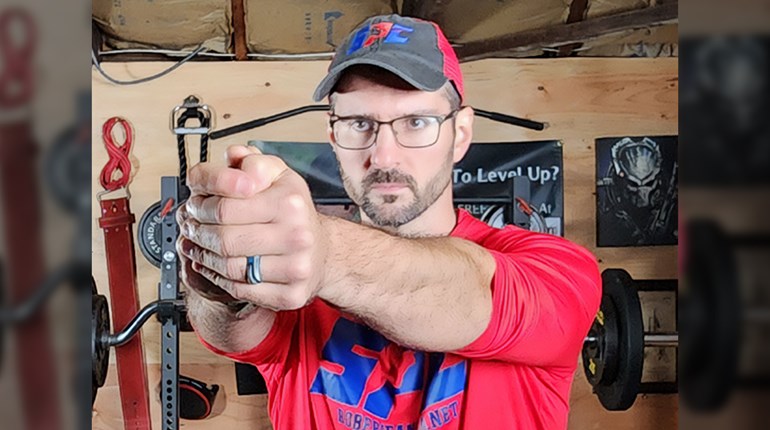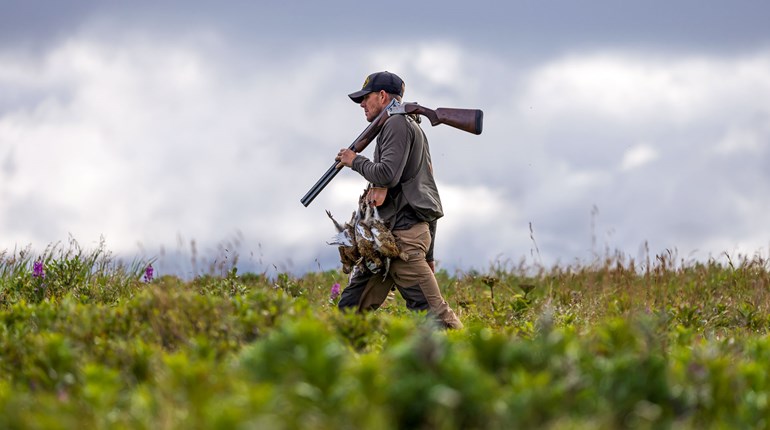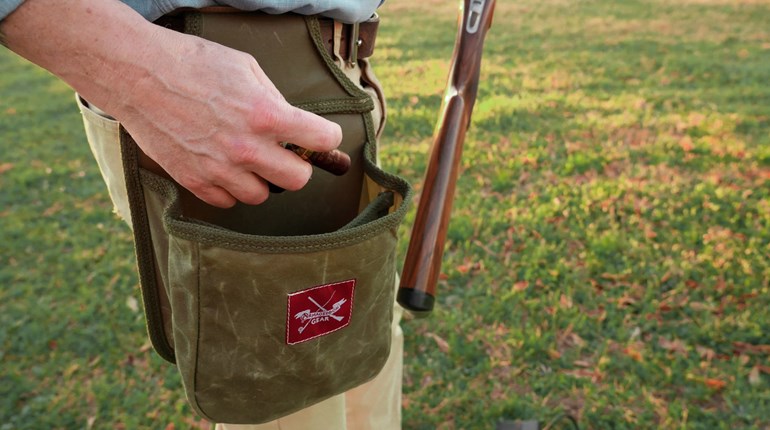
The first time I took her to the range was magical. We’d just started dating, and she had expressed interest in shooting.
“I happen to be an NRA-certified firearms instructor,” I proclaimed, aiming to impress.
Two days later, under a perfect springtime sun, we were on my range—a small pond dam behind my parents' house. I taught, she listened. She shot, I praised. She learned basic gun safety and the fundamentals of shooting in no time. Although she wanted to try my 9mm after growing confident with the .22, I told her we’d save that for next time. It worked.
A few weeks later we reviewed the basics, fired the .22 for a quick refresher, then she shot my 9mm Glock. Because her mechanics were solid, she handled the recoil nicely and shot well. Satisfied and happy, we called it a day.
It was eight months until we shot again, and when we did it was a different story. We were now girlfriend/boyfriend.
“I know,” she said about a dozen times when I instructed her to do something differently. “But it seems like you’re yelling.”
“Babe,” I’d say, “I’m not yelling at all; I’m just informing you that you’re jerking the trigger like crazy.”
“Well, I don’t respond well to criticism.”
“Ok, I won’t say anything,” I said. “Just have fun and shoot.”
“So you’re not going to help me?”
“I’m trying to. It’s obvious you’re jerking the trigger. Just let it surprise you,” I said.
“Just let me shoot. I can’t concentrate while you’re barking orders at me.”
And so it goes. Nowadays I don’t shoot with my girlfriend much, at least when I can avoid it.
As it turns out, I’m not alone. And after some investigation, this coaching enigma between couples is very common. And it’s not just common to shooters. My golfing buddies report the exact same thing.
James Yeager of Tactical Response has been training people to shoot professionally for over 20 years. Of the thousands of students—both men and women—that filter through his classes, there isn’t much he hasn’t seen in the way of interaction between couples.
“I’m not saying they can’t coach each other,” said Yeager, “but it certainly takes a very unique couple.”
Yeager believes it’s because 90 percent of a couple’s communication after they’ve been together awhile is non-verbal. Then, when one of them tries something new like shooting, the communication becomes very verbal by necessity.
“Then they stick in earplugs and it equates to yelling,” said Yeager. “Even when they come as a couple to my class—an acknowledgement that they need outside instruction—we often wind up splitting them up because the man can’t help but coach her, and the woman can’t help but look to her husband for approval.”
“Are you and your wife unique?” I asked him.
“Nope,” he said. “I bought her training from Clint Smith.”
Gil and Vicki Ash of OSP Shooting School have been coaching people how to shoot shotguns for decades, and they’ve been doing it as a couple. Yet they echo the same thing. EVen though he's an expert coach and shooter who’s written a pile of books not just on shooting mechanics but on the psychology of shooting, Gil also paid for anther expert to initially train his wife Vicki, years ago.
“Training a spouse interferes with the relationship, and the relationship interferes with training.”
Gil believes the problem also stems from the way men and women perceive things and therefore the way they learn.
Fact is, men and women perceive spacial relationships differently, and they need to realize this before attempting to coach the other. Most do not.
But Gil offers one tip on how husbands and wives can shoot together, provide some coaching, and still have fun.
“After years of shooting together,” said Gil, “We can finally coach each other, but only if we make the coaching moments clear. “She’ll either ask me for help, or I’ll say ‘Vicki, this is a coaching moment,’ before giving her any instruction. When the moment passes, we’ll say something like, ‘Now that the coaching’s over, lets shoot again.’ It works for us."
Are you looking to find a shooting coach for yourself or a loved one? Click here!







































